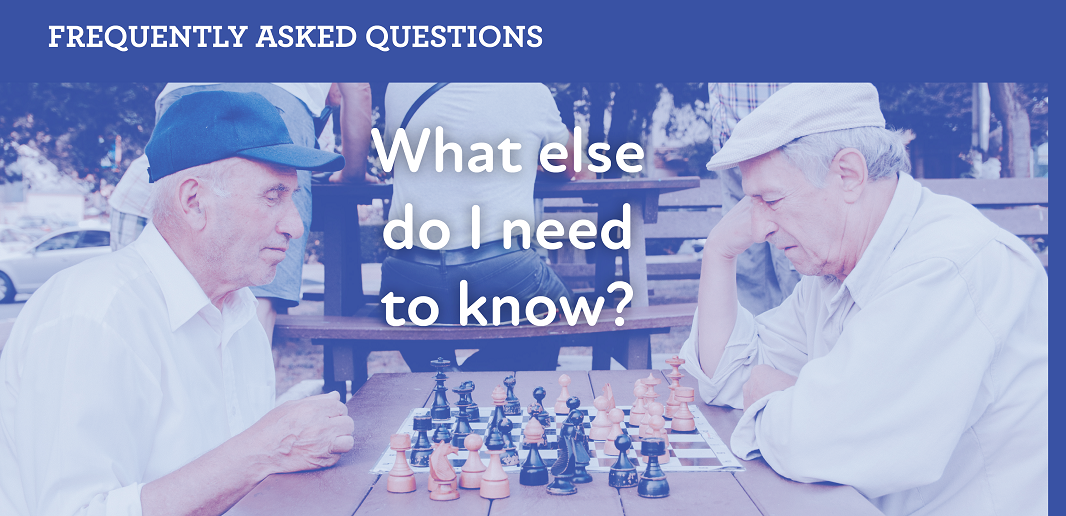


Many busy internists, geriatricians, and neurologists are so busy and have such limited time they can spend with patients that they sometimes overlook the way memory symptoms can manifest themselves. Cognitas Health focuses on Alzheimer’s and related dementias, as well as dementia-like symptoms that are unrelated to Alzheimer’s. We give you a comprehensive screening, plus we follow up with support and help to design a personalized lifestyle program for you.
We do work with several medical insurance providers. Call to learn if yours is included.
SUPPORT GROUPS: At Cognitas Health, we provide support groups for both patients and their caregivers. Read here about our support group program.
LIFESTYLE PROGRAMS: Your individualized program considers your memory issues and current needs. Read here for more information on how your symptoms my improve with a lifestyle program.
Dementia is an overall term for symptoms that affect your mental cognitive skills, like memory and communication. Alzheimer’s is one of the diseases that can cause dementia, accounting for about 2/3 of the causes. Read here to see other causes of dementia and a complete description of Alzheimer’s disease.
Alzheimer’s disease can start developing in your brain 20-25 years before you even notice the slightest warning sign. So if it starts developing in your brain when you’re 40, you may not notice until you’re almost 65.
Most forms of dementia aren’t hereditary, although there are rare types of dementia that can be inherited. In these cases, the disease develops earlier in life; some people can start showing the signs as early as in their 30s.
The same things that make a heart healthy make a brain healthy. High blood pressure, being over-weight or under-weight, high cholesterol, excessive alcohol consumption and a general unhealthy lifestyle can increase your risk of dementia. Along with maintaining a healthy lifestyle there is evidence that consistently learning new things could make your brain more resilient and may protect against getting dementia.
Dementia is the result of brain diseases that become more common with age. However, Alzheimer’s can develop in your brain for up to 25 years before you start showing the very early warning signs. One reason more people are diagnosed with dementia nowadays is because people are living long enough for the condition to fully progress.
Although memory loss is one of the most significant signs of Alzheimer’s, other symptoms can manifest itself in different ways such as:
Distracted or unusual behavior
Angry outbursts
Becoming depressed or anxious
Confusion and misunderstandings
Getting lost when going on walks
At present there’s no cure for any of the conditions that cause dementia, nor halting the progression of the underlying disease. By its nature, it gets worse over time, until round-the-clock care is needed. That’s why it’s so important that people are aware of the simple changes they can make to help assist people with Alzheimer’s. Our support programs can help you set up assistance that works for you and caregivers.
Although Alzheimer’s presents significant challenges, there are ways we can support a person to live well with the disease. These include: helping them staying physically and mentally active; developing coping strategies like making lists, labels and reminders that can lessen the impact of memory loss; and communicating with them in a straightforward and simple way. We can also make sure that their physical environment is adapted for them, and—particularly when needing additional support—ensuring their community is “dementia-friendly” and inclusive. Our support group program addresses these and more ideas of how to take care of your loved ones—and yourself. Read more here.
Absolutely. For a person in the later stages of Alzheimer’s, they may not remember you visited them, or know who you are—but in the moment, they are able to enjoy your company. Everyone seeks companionship, and people with Alzheimer’s are no different. Nobody wants to experience loneliness.
There are many causes for dementia. How you proceed with life can greatly be influenced by the source of your “bad memory.” For some people, lifestyle changes, such as reduction of stress, can turn around their cognitive abilities. For others, being diagnosed with a dementia disease give them, their doctors and their families information that can help guide them to a more satisfactory future. See more answers about screening here.
Mild cognitive impairment (MCI) is a slight but noticeable and measurable decline in cognitive abilities, including memory and thinking skills. A person with MCI is at an increased risk of developing Alzheimer’s or another dementia.
A questionable score on a test of MCI does not necessarily indicate you have dementia or some other brain problem, but it is a warning that, at the date and time of the test, you experienced some problems. Some people with MCI are essentially in the very earliest stage of a disease such as Alzheimer’s or another type of dementia. Studies suggest that over 5 years, up to 80% of people with MCI will progress to dementia. So not all MCI is early dementia. Some people with MCI never seem to get much worse, and some even seem to get better.
When your cognitive screen does not show cause from possible disease such as Alzheimer’s, we suggest a screening that observes lifestyle causes. Read here for other lifestyle causes of memory challenges.
Email: info@cognitashealth.com Phone: 650-464-3062 Address: 2375 Adele Ave., Mountain View, CA 94043 |